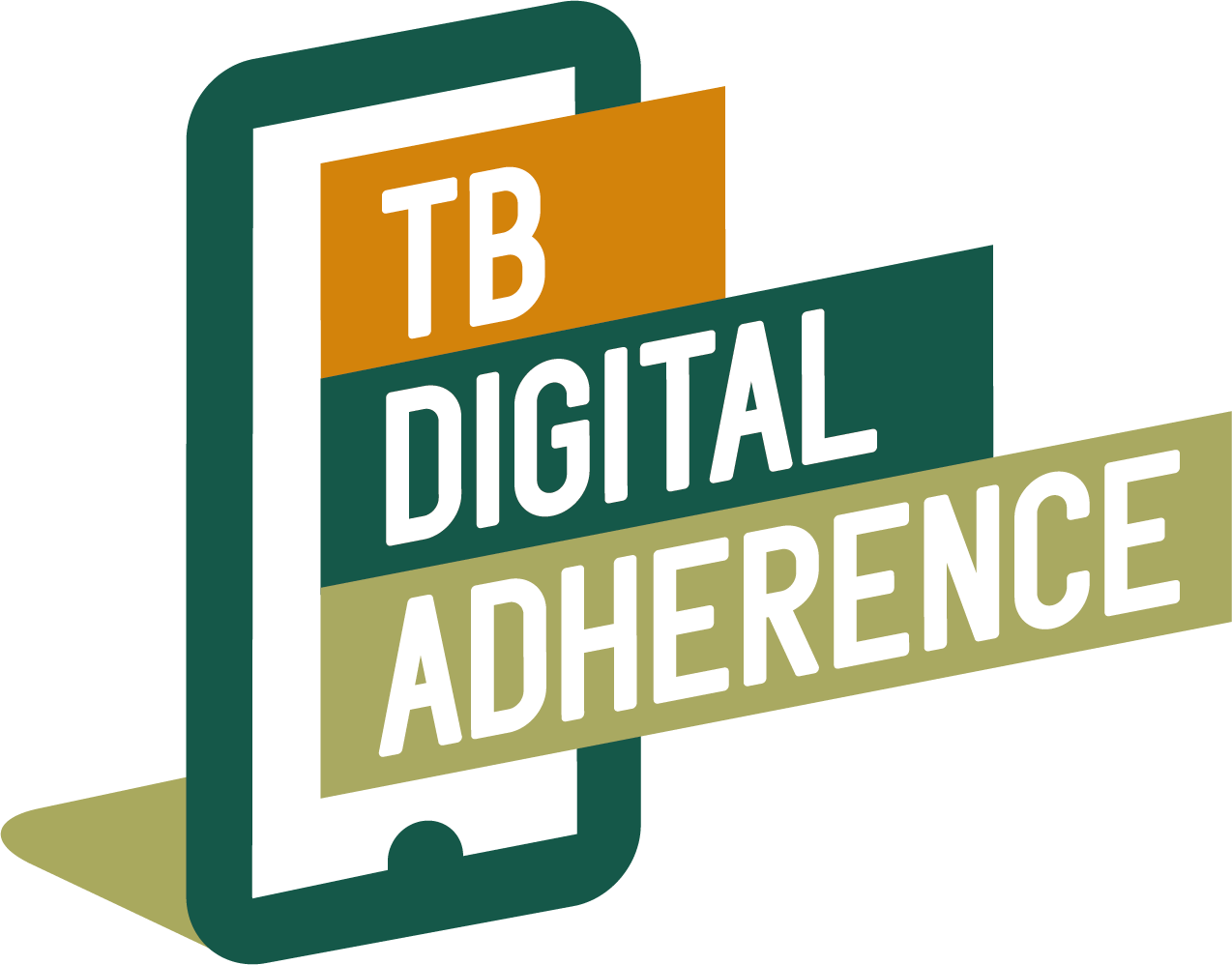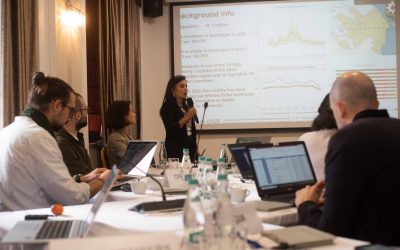Countries
Moldova
Moldova is a high drug resistant tuberculosis (DR-TB) burden country (33% in new and 60% in re-treatment cases, 2019, NTP data). Part of low treatment adherence in DR TB is linked to inconvenience of Directly Observed Treatment (DOT) as single strategy in outpatient care.
The TB stakeholders developed an asynchronous video-supported treatment (VST) electronic system and model of care as an additional adherence tool for people with TB who report difficulties with DOT. The VST model was particularly timely during Covid-related restrictions of visiting health facilities.
Country Implementation Overview
DAT Type Used
Adherence platform Used
I LIKE VST
Time Frame
Up to 2025
DIsease Type
DR-TB
DS-TB
Patients currently enrolled
169 Patients
Number of patients who have completed VST
399 Patients
Personnel Support
175 personnel (including project managers; M&E officers; healthcare providers)
Intervention included in TB Treatment guidelines
Yes
Current Funding
Global Fund 2021-2023
EUR 280 000 allocated
Country Implementation Details
Current Funding and Budgeting
EUR 280,000 allocated for the period 2021-2023 through the Global Fund.
Funding includes:
- Training, equipment and internet cost for patients
- Equipment for medical staff
- Software maintenance
- Initial training of patients
- Continuous coaching and technical support to medical staff.
Future Funding for Implementation
Future funding opportunities have not yet been identified. Therefore, the current plan for future roll-out is that patients who have their own smart devices, and are able to cover internet costs themselves, will be included in the programme.
Achievements and Successes in Implementation
The Republic of Moldova started the national scale-up of the VST in 2021 within the GF funding allocation for 2021-2023.
The country opted to develop their own digital tool for VST and to institutionalize it from the very beginning at NTP level, which led to including the intervention in the clinical protocol, and approval of VST implementation guidelines at the MoHLSP in order to ensure the sustainability.
By implementing VST the Republic of Moldova proved their agility to adapt to the new normal and by joining the efforts of governmental and non-governmental stakeholders, to ensure the continuity of services for people undergoing TB treatment in the era of COVID-19.
Implementation Challenges & Solutions
The main challenge in starting the implementation of VST was related to the system registration at the National Personal Data Protection Center (NPDPC).
The system was ready for use as of June 2019, but was only rolled out from March 2020 due to COVID-19 restrictions (based on MoHLSP ordinance from March 30, 2020) when the implementation of digital technologies became a strict necessity to ensure the continuity of services, especially to ensure treatment adherence for TB.
Due to the fact that the roll-out of VST started in the beginning of COVID-19 pandemic when TB staff were involved in COVID-19 pre-trials, they were overloaded, and a significant number of health care providers were diagnosed COVID-19 in Moldova, it was decided to shift the responsibilities of training and support of TB patients enrolled on VST from medical staff to civil society partner organizations. This was regulated by the Ministry of Health ordinance and therefore NGO’s PAS Center and AFI facilitated the patient enrolment by providing continuous support both to the health staff and to the patients.
AFI and PAS Center ensured the allocation of the necessary human resources for the assistance of each TB cabinet and of the enrolled patients. The project staff of PAS Center and AFI were responsible for training of the medical staff, training of TB patients enrolled in VST and providing uninterrupted technical support to medical staff during 2 months after the initial training. This approach proved efficient and is continuing to receive financial support through the Global Fund C19RM funding mechanism for the period 2021-2023.





